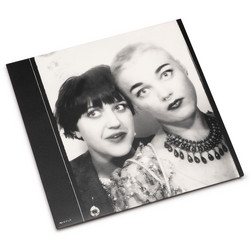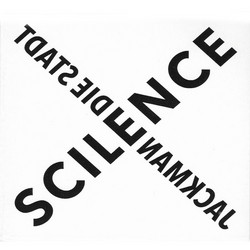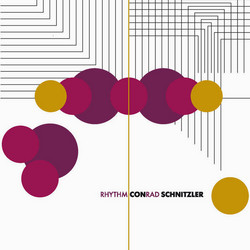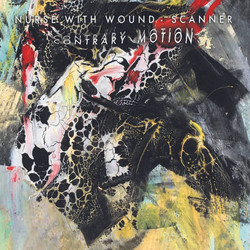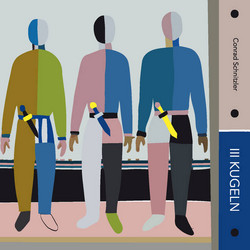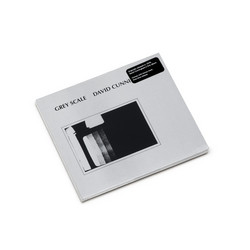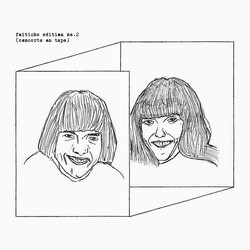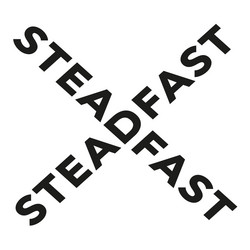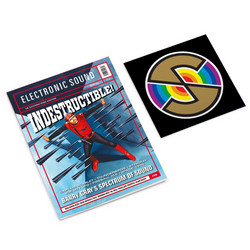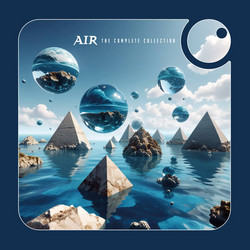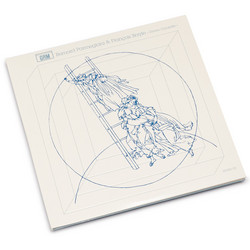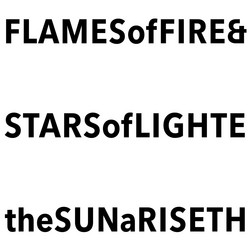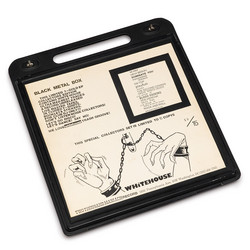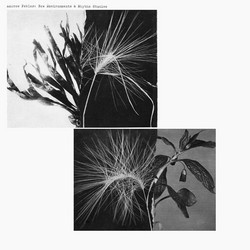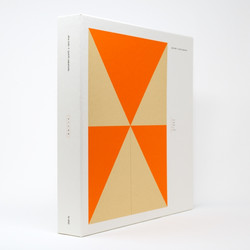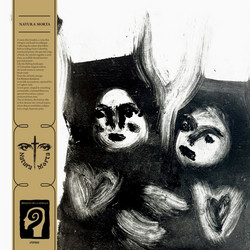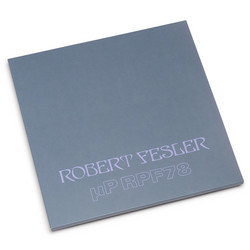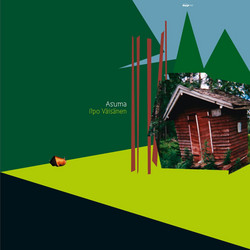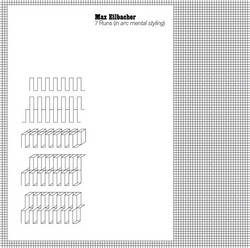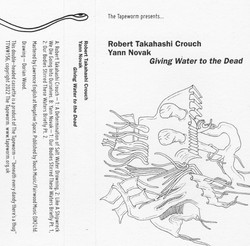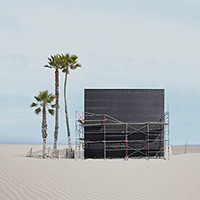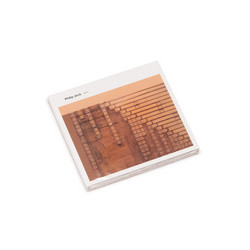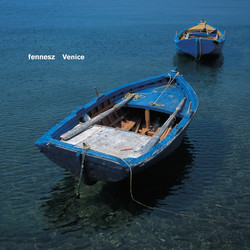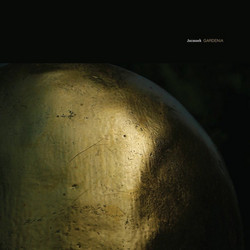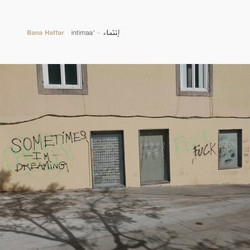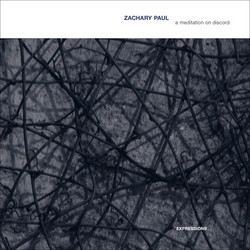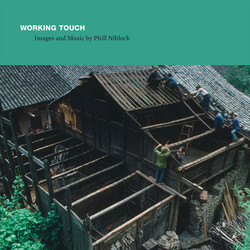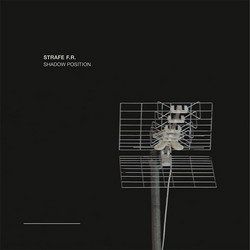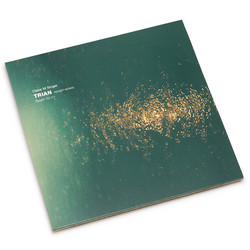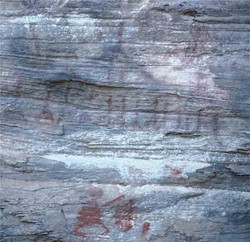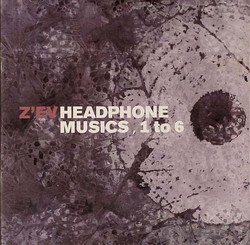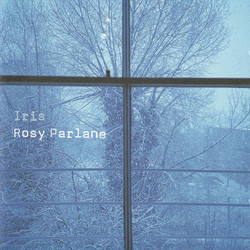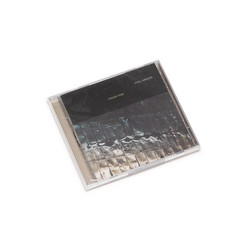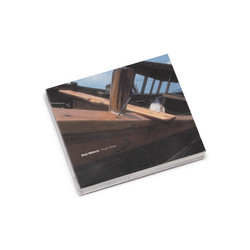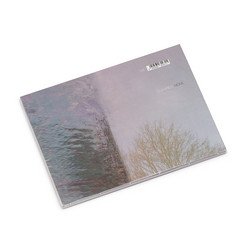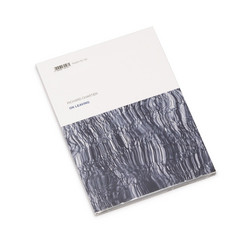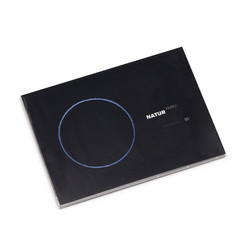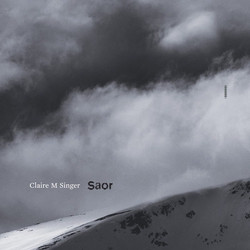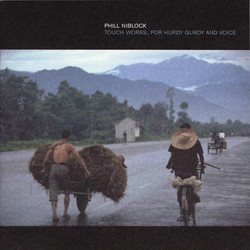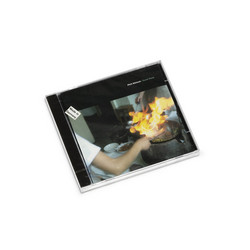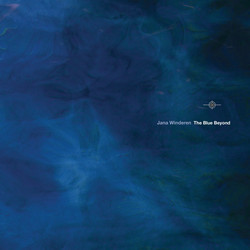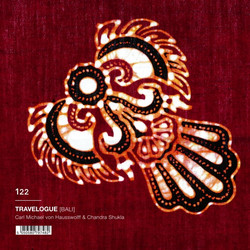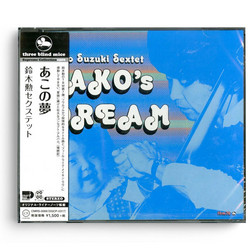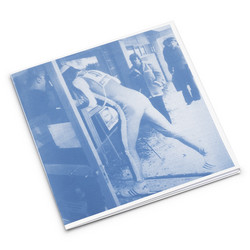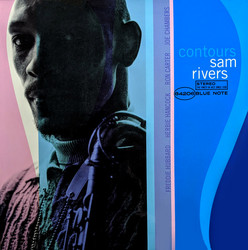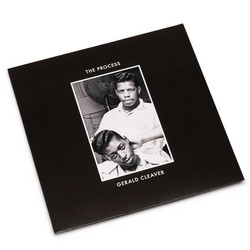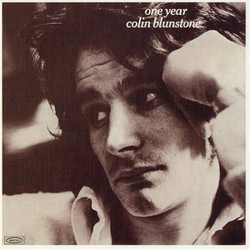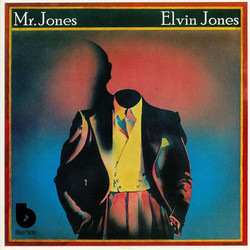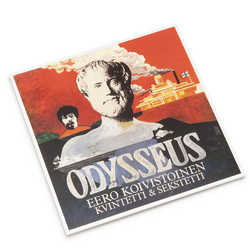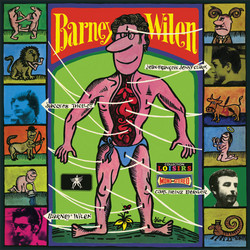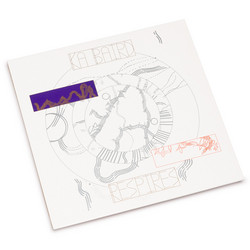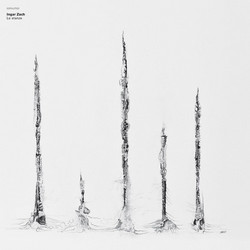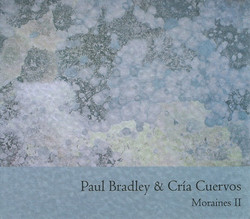Presented live in Los Angeles. Source material originally developed as part of mas gestos y mas caras, a collaborative performance with Rafa Esparza and Yann Novak, presented at the Hammer Museum on July 8, 2016. Robert Crouch is an artist and curator whose work encompasses sound, performance, and technology. As an artist, he locates his work with the intersection of post-phenomenological listening practices, conceptual sound art, and contemporary electronic music. At its core, his work can be understood as a conversation between tonality, context, history and subjectivities. Similarly, Crouch’s curatorial work focuses on the overlapping disciplines of sound, technology, movement, and performance. Sublunar continues Crouch’s inquiry into the complex relationships between sound, context, and meaning, first proposed in his 2016 release, A Gradual Accumulation of Ideas Becomes Truth (Line). The four tracks which comprise Sublunar were composed using field recordings from and audio files originally created for mas gestos y mas caras, a collaborative performance with artists Rafa Esparza and Yann Novak. mas gestos y mas caras was a durational performance incorporating sound, breathing, and a series of repetitive actions and gestures, choreographed within an architectural installation of adobe bricks fabricated and designed by Esparza.
Sonically, Sublunar is a radical departure from the originating performance, yet these tracks remain tethered, literally and aesthetically, to the processes and context of their construction: Esparza’s labored breathing, cautious footsteps, a soft cascade of water, dust, soil. The title itself, Sublunar, reinforces an attachment to the Earth and the physical world, and intentionally resists metaphysical interpretation or decontextualization.
It is precisely through this tethering that Crouch seeks to open up a diversity of possible approaches to the work, rather than confine our reading to a primarily or exclusively musical text. The first track, Descension, opens with sounds of breathing, muted movements, and environmental noises, and serves as an acknowledgement of our collective understanding of sound, of these specific sounds, as physical phenomenon. By extension we are allowed to consider this particular organization of sound itself as a kind of sculpture, architecture, and choreography. The body becomes the primary oscillator and architect, delineating boundaries and defining the work as a space within which we might inhabit.
Limited edition 500 copies. CD in slip case.
